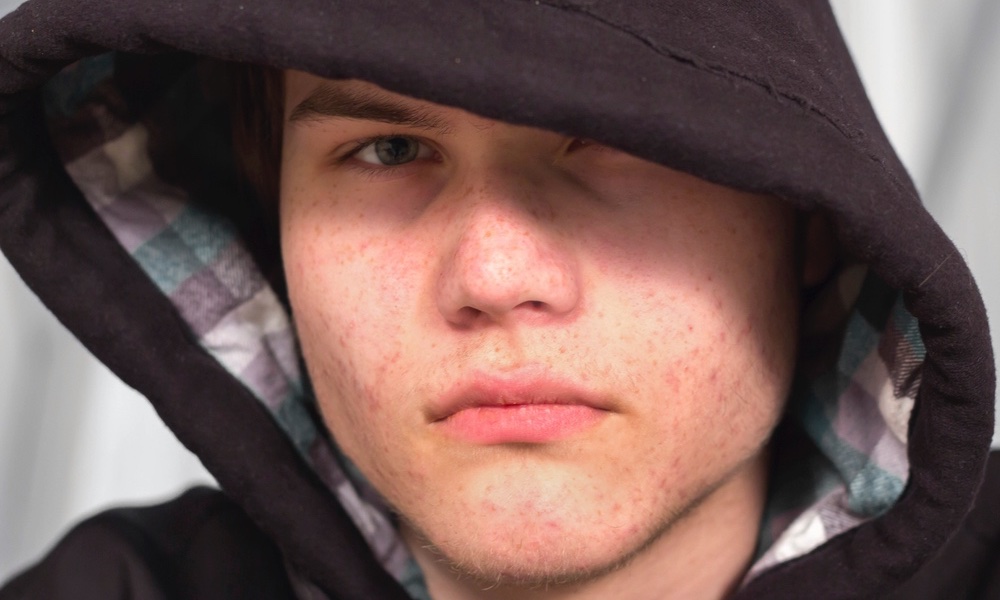The treatment for behavior problems in children is challenging and usually involves various forms of therapy, but a dietary supplement may have its place in the management of aggressive and antisocial behavior in children, according to a new study just published in the Journal of Child Psychology and Psychiatry.
University of Pennsylvania professor Adrian Raine's work has focused on the biological bases of antisocial behavior. In studies done among adolescents in Africa he found there was less aggressive and antisocial behavior among teens who took omega-3 supplements compared to those who didn’t receive supplements.
To see if that outcome might also apply to preteens in the United States, Raine and his colleagues divided nearly three hundred 11- and 12-year-olds who had a history of violent behavior into four groups. For three months, some of the kids received omega-3 fatty acids in a juice along with multivitamins and calcium. Another group was exposed to CBT, cognitive behavioral therapy, that included parental involvement and taught ways of coping with anger other than by physical means.
A third group took the dietary supplements and participated in CBT, while a fourth group was provided information about reducing aggressive behavior. Each child's blood levels of omega-3s were taken at the beginning and end of the study.
At the first follow-up, teens who received the combination therapy of CBT and omega-3s reported less aggression than did the other groups, but by the final follow-up, six months later, the positive effects had worn off, leaving unanswered the question of whether continued use of the supplement would have led to long-term improvement in antisocial behavior.
In spite of these limitations, the researchers believe adding omega-3s could be beneficial and is certainly worth trying as part of treatment.





